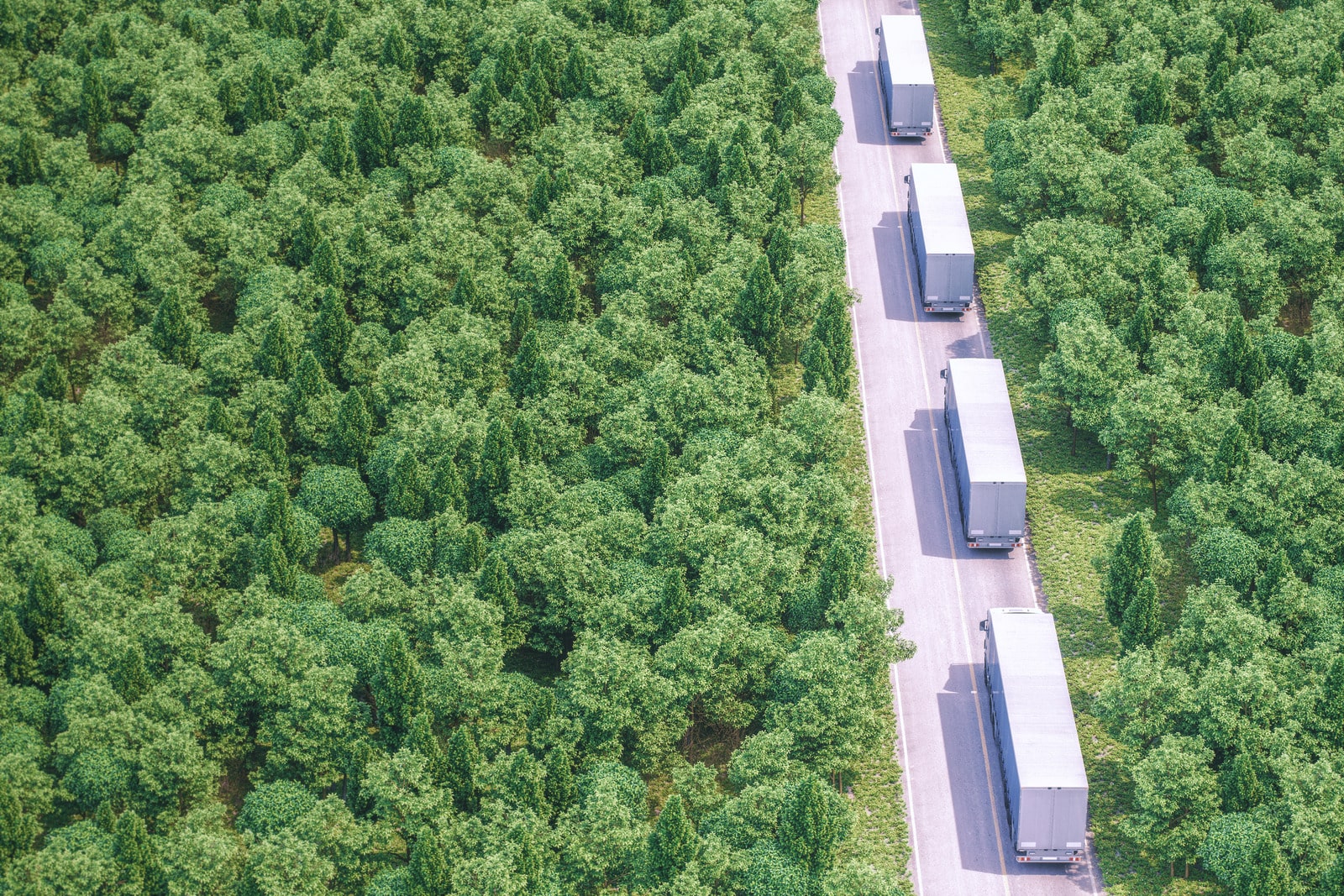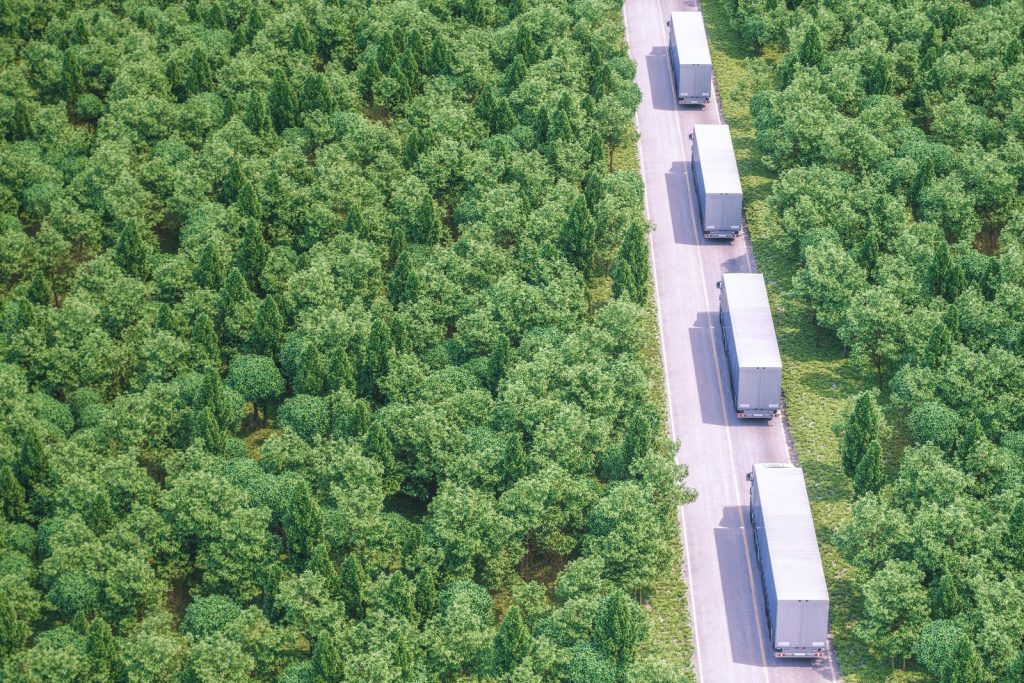Sustainability and efficiency are twin imperatives in the complex web of agricultural production and distribution. The freight management systems that move produce from farm to market play a crucial role in the industry’s ability to balance these priorities. By adopting practices that reduce the carbon footprint and cut operational costs, the agriculture sector can forge a path towards a more sustainable future.
Greening the Supply Chain: Benefits of Sustainable Freight Management
From conserving natural resources to reducing greenhouse gas emissions, the virtues of sustainable freight management make a compelling case for innovation. By leveraging environmentally friendly practices, agricultural logistics not only contribute to the health of our planet but also stand to improve their bottom line.
- Environmental Impact
The carbon footprint of traditional freight management is significant. High fuel consumption, inefficient routes, and vehicle emissions are just the beginning. The impact on natural ecosystems and the potential for environmental degradation make it clear that change is not only desired, but necessary!
- Economic Advantages
Sustainability and cost-effectiveness are not opposing forces; they are tightly interwoven. By incorporating sustainable practices, agriculture businesses can save on fuel and maintenance costs while opening up new revenue streams through the offer of eco-friendly services.
The Legacy of Tradition: Conventional Freight Management
Traditional freight management is often characterised by its reliance on fossil fuels, leading to high levels of pollution and greenhouse gas emissions. The conventional wisdom that stubbornly clings to outdated methodologies risks the long-term viability of agricultural logistics.
- The Carbon Conundrum
The use of non-renewable resources and the associated carbon emissions are a burden on the environment. In agriculture, this can lead to soil deterioration and water contamination, exacerbating the impact of climate change on already vulnerable ecosystems.
- Cost Considerations
Conventional freight methods have hidden costs that are not immediately apparent. Wear and tear on vehicles, road infrastructure, and the toll on employee health are just a few. Transitioning to sustainable practices may involve initial investment but promises a healthier balance sheet in the long run.
The Road Less Travelled: Sustainable Freight Innovations
Creative solutions are emerging to meet the dual challenges of environmental protection and economic profitability. These innovations can transform agricultural logistics by reducing waste, optimising routes, and harnessing clean energy for transportation.
- Smart Route Planning
Using technology for optimised route planning can significantly reduce the kilometres travelled and time spent on the road, therefore decreasing carbon emissions and costs.
- Green Fuels and Vehicles
The adoption of electric and hybrid vehicles, as well as the use of biofuels, herald a new era of sustainable transportation. These alternatives not only mitigate the industry’s carbon footprint but also provide a competitive edge in the market.
Sustainable freight management is not a fad, but a fundamental shift that promises to remake the agriculture industry. Get a freight management system to optimise your supply chain and maintain the sustainability of your operation with AgriChain. Contact us for more!












